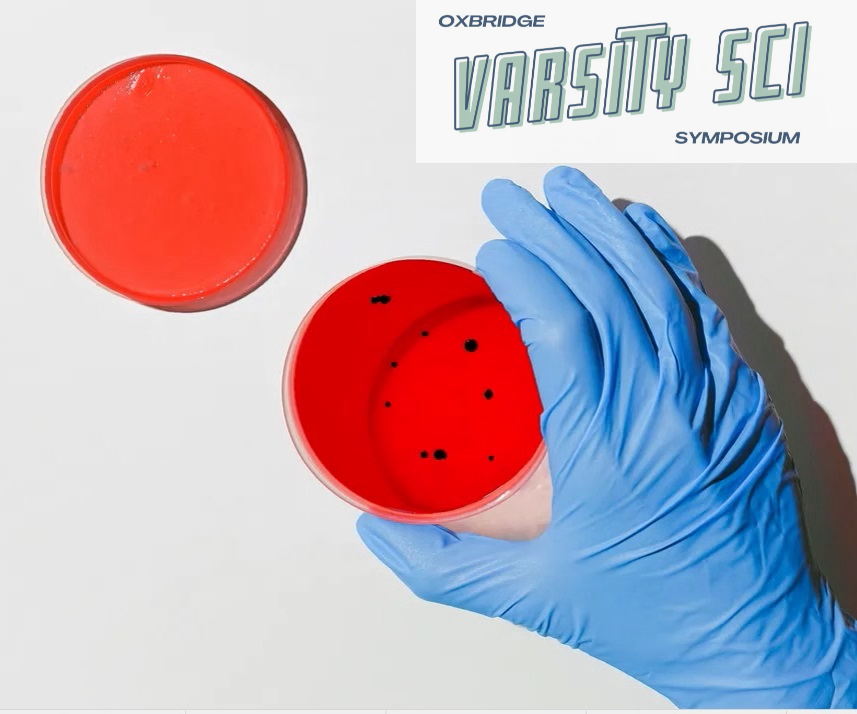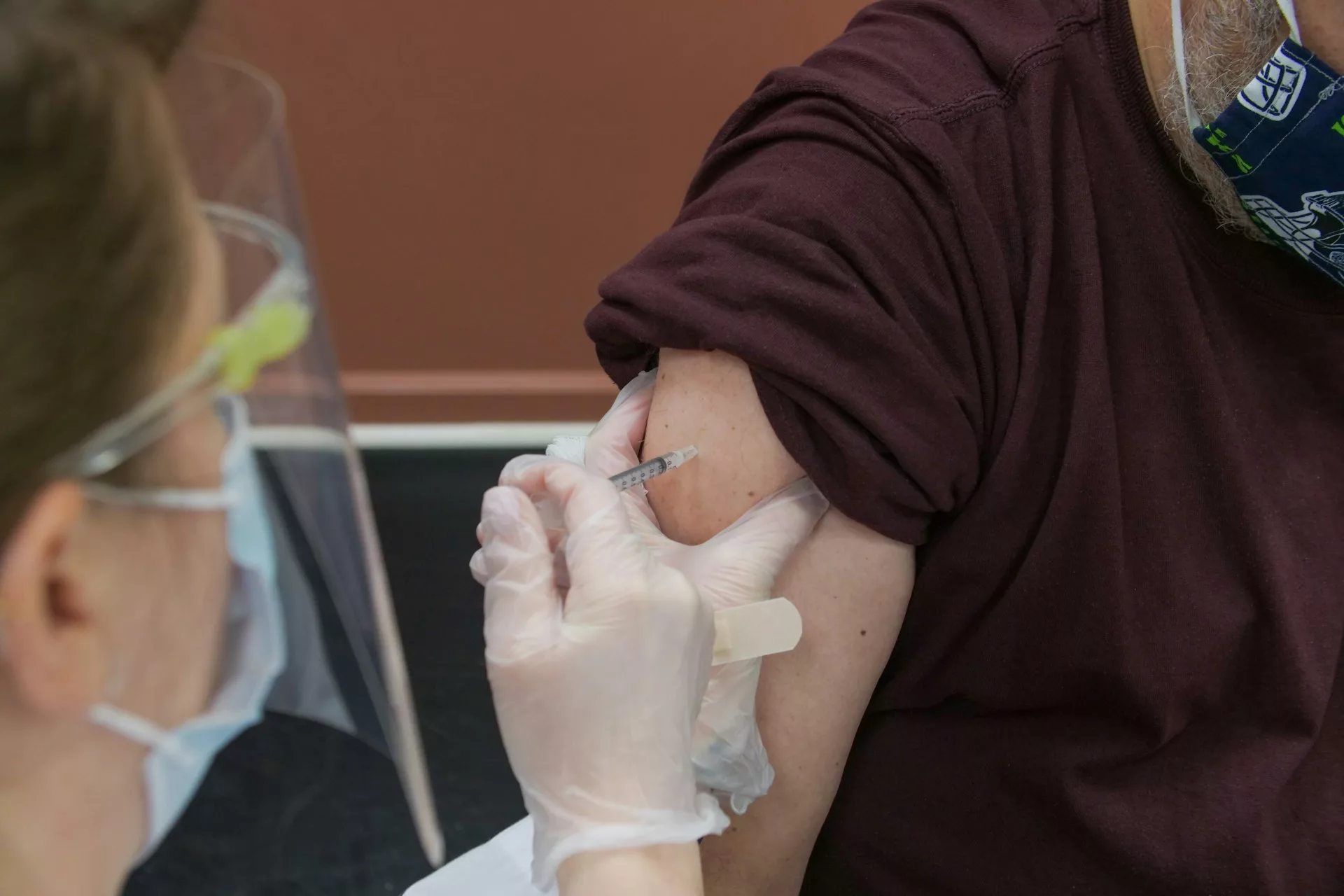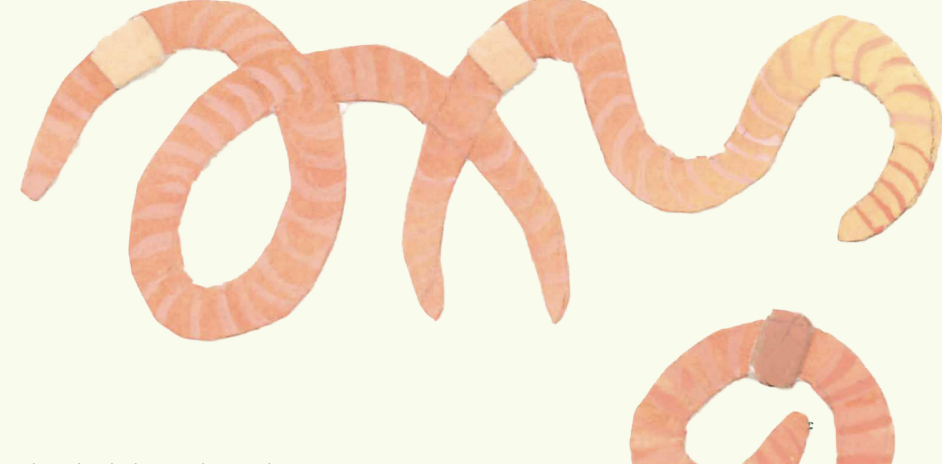Talk Summary by Leah Hurst
For the second talk in the Translational Medicine series of the symposium we owe our thanks to Aaron Koh, an incoming Natural Sciences student at Cambridge. Following a research project during his holidays based at the Genome Institute of Singapore, Aaron not only shared with us his findings of a particular study focused on Urinary Tract Infections (UTIs), but he also drew attention to the wider scientific research process as a whole.
The project’s focus was to identify whether recurring UTIs in patients were significantly associated with increased antibiotic resistance in E. coli, the main uropathogen responsible for the disease. Prior to the study, Aaron and the rest of the team proposed a hypothesis which argued the contrary.
The explanation? The theory was that the bacteria infect the epithelial cells in the bladder intracellularly, and hence are not exposed to the antibiotics (which act outside of cells) to a significant extent. With such mild exposure, there is little selection pressure for antibiotic resistance, and hence should not be a contributing factor to recurring UTIs.
The team conducted a statistical analysis on a large set of past records collected from patients with UTI’s over a period of 5 years from a hospital based in Singapore. Following insignificant results, they were able to provide support for their hypothesis detailing the intracellular mode of action of E. coli. Indeed, their conclusions also instil us with a rare sense of optimism regarding antibiotic resistance in uropathogens.
Throughout his talk, Aaron touched upon the importance of such studies into UTIs. Although many assume (me included!) that UTIs are a relatively mild disease, the mortality rate of sufferers is in fact 2.5% (for reference, the current global COVID-19 mortality rate is 3%), and in Singapore, it even appears within the top ten causes of death. Combine this with the poor quality of life that sufferers endure, as well as the challenge of increasing antibiotic resistance, and it instantly becomes clear why studies such as this one are vital.
“This ability to draw new conclusions from old data is quite inspiring. It makes you wonder what other discoveries are out there, hidden within the swamps of biological data.”
This study was retrospective meaning that no new experiments were carried out and only pre-existing data was analysed. This ability to draw new conclusions from old data is quite inspiring. It makes you wonder what other discoveries are out there, hidden within the swamps of biological data. Should more effort be focused on scrutinising old data, similar to the way in which existing drugs like dexamethasone have been repurposed for improving COVID-19 treatments?
We must also thank both Oxford and Cambridge science societies for organising this inaugural symposium. It brought people together through their shared passion for science, and fostered a sense of community – a challenging task given the current circumstances! By providing researchers and students alike with the opportunity to share their knowledge, events like this not only inspire the next generation of scientists, but also exemplify the importance of collaboration within the scientific community.
For more details regarding this specific talk, check out the Oxbridge BioSoc Youtube channel!
This article gives a report of the talk given by Aaron Koh, an incoming Natural Sciences student at Cambridge, on the 21st of September- Day 1 of the Oxbridge Varsity Sci Symposium.





